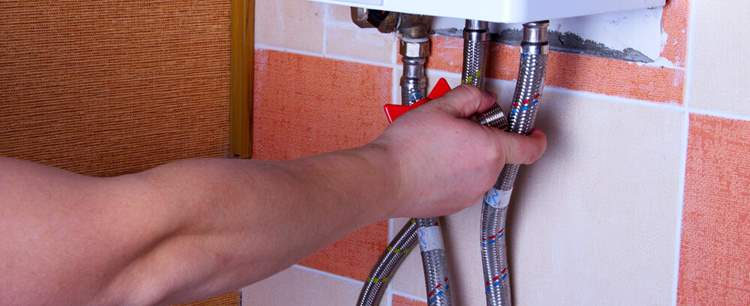Landlords have seen an increasingly tight regime of laws and regulations in the last few years – and 2019 looks as though it is unlikely to be any different.
The 20th of March, for instance, sees the coming into force of the Homes (Fitness for Human Habitation) Act 2018, warns the National Landlords Association (NLA). The new Law introduces some sweeping changes in landlords’ responsibilities and obligations in maintaining standards of accommodation in their let property.
The purpose of the Act
To a certain extent, there is nothing new in a law requiring landlords to maintain their let property in a condition that is fit for human habitation. An article in the Independent newspaper on the 13th of February 2019 reminded us that legislation introduced in 1985 gave local authorities powers to enforce the maintenance of housing standards in the private rented sector.
As local authority budgets have come under increasing pressure, however, that 1985 legislation has appeared to lack the necessary teeth, according to some commentators and legislators. The lack of effective enforcement has resulted in an estimated 1 million households (around 2.5 to 3 million individuals) in private lets living in sub-standard accommodation, claims the housing charity Shelter.
The sweeping changes ushered in by the new legislation, therefore, grants tenants themselves the right to apply to the courts for an injunction forcing landlords to carry out the remedial works and improvements necessary to bring accommodation standards up to a required standard.
The new legislation refers to a long list of issues on which tenants may take action by seeking a court injunction, including:
- general repairs;
- structural stability issues;
- damp;
- internal layout and arrangements;
- natural lighting and ventilation;
- water supply;
- drainage and sanitary conveniences;
- facilities for the preparation and cooking of food and for the disposal of wastewater; and
- hazards under the Housing Health and Safety Rating System (HHSRS).
Landlords will be held responsible for making the necessary repairs or maintenance in most cases, except where the damage has been caused by the tenants themselves.
Where a tenant has brought a claim before the courts and is seeking an injunction, the landlord may be ordered to carry out any repairs or remedial work for which they are responsible, and the court may award damages to affected tenants.
Is the new law likely to affect you?
Any responsible landlord, who maintains his or her let property in a reasonable state of repair is unlikely to be affected by this new legislation – since proper attention to maintenance and timely repairs prevents the accommodation from becoming unfit for human habitation.
It remains to be seen, of course, how the courts will interpret and respond to claims brought by tenants under the new legislation.
The relevant Bill was put before Parliament by MP Karen Buck and applies only to tenancies in England. Those in Wales are already covered by the parallel Renting Homes (Wales) Act 2016.
The provisions for England have received the backing and support of Shelter, the Residential Landlords Association (RLA) and the National Association of Landlords (NLA).







